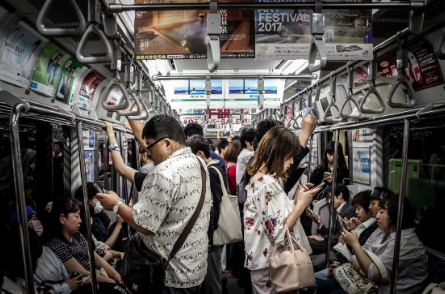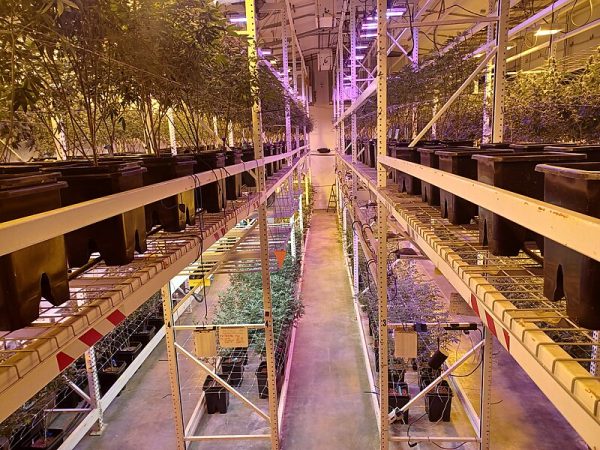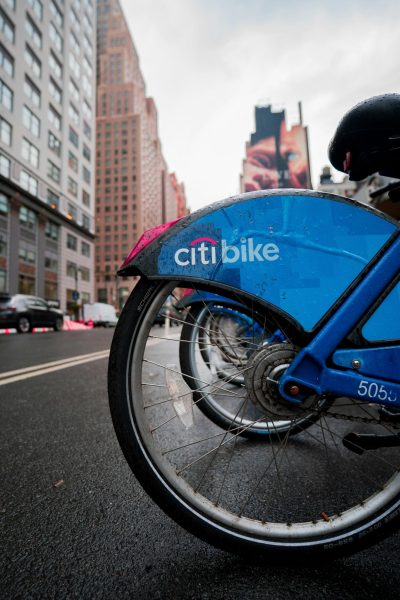Sacking Plastic
New York’s Plastic Bag Ban
“Plastic bags help my parents and me to bring groceries home from the supermarket,” said Azmain Chowdhury ‘20.
Currently, you may exit a store with your purchase in a plastic bag. This practice is a daily norm for New Yorkers, who use 23 billion plastic bags annually, but that is soon going to change. New York’s state legislature passed Senate Bill 1508, which banned the distribution of plastic bags by retail stores. While certain businesses, like restaurants, will still be able to use plastic bags, all conventional brick and mortar stores in New York State will no longer be permitted to use plastic bags starting in March of 2020.
Plastic bags have become a staple of the American retail experience since they were first introduced in 1979. These bags were initially used by grocery stores to help customers bring their purchases home, a practice that continues to this day. Azmain Chowdhury ‘20 said, “Plastic bags help my parents and me to bring groceries home from the supermarket,” and one may wonder why New York state would ban an item that provides a great convenience to its user. The answer is clear to some environmentalists, who argue that the convenience provided by the plastic bag is stymied by the fact that it is a source of litter in New York City streets.
Single use plastic products have become a major concern as questions about their impact on human health and wildlife have become increasingly prevalent. The media has shed light on the inherent danger of plastic pollutants in the ocean, as micro plastics – small plastic debris – could enter our food supply when ingested by fish we consume. Bans are not a novel response to these concerns, with some companies and jurisdictions phasing out other single use plastic items, like plastic drinking straws.
Another major concern among legislators who enacted this ban was the impracticality of plastic bag recycling. Prior New York state bag laws required stores to print a statement that encouraged bag collection for recycling in select stores. This policy resulted in a considerable amount of plastic bags being recycled in-store, but plastic bags have proven to be a major impediment in conventional recycling efforts.
In the status quo, plastic bags cannot be effectively recycled in traditional curbside recycling programs in New York, as these bags often become entangled in machinery at recycling plants. This has resulted in lengthy downtime following machine failure at these facilities, along with hefty maintenance costs linked to the removal of plastic bags from machines. Though the composition of plastic bags is largely similar to other plastic products, the issues that arise due to their presence in the recycling process has rallied a number of New York – based recycling firms in support of the ban.
Critics of this ban note the detrimental effects it will have on retail businesses, as it creates the framework for individual jurisdictions in New York to opt into a five-cent tax on paper bags as well. As brick and mortar retailers have faced an onslaught of competition by e-commerce companies in recent years, some critics have expressed their concern for an exacerbated reduction in retail store sales as customers will be inclined to shop less under the new bag ban.
Some also argue that many plastic bags can be reused in a viable manner. Prabhul Nair ’20 said, “You can reuse a plastic bag for many purposes.” Plastic bags from stores are often reused as trash bag liners, which virtually eliminates the need to purchase new plastic bag liners, another type of plastic waste. Such a practice is not only cost effective, but also reduces the introduction of other plastic products into landfills.
“You can reuse a plastic bag for many purposes,” said Prabhul Nair ’20.
In the long run, the bag ban will undoubtedly provide environmental benefits for New Yorkers, as plastic bags will no longer line the perimeter of our streets. However, it will also eradicate an everyday convenience, leaving New Yorkers up to the challenge to create new ways to handle their daily tasks in the short term.
Sanford James is an Editorial Editor for ‘The Science Survey’ and a Student Life Section Reporter for ‘The Observatory.’ Sanford believes...











